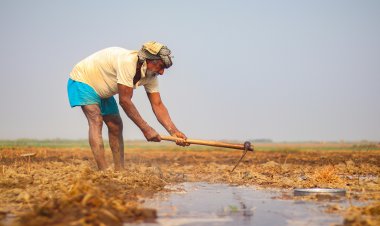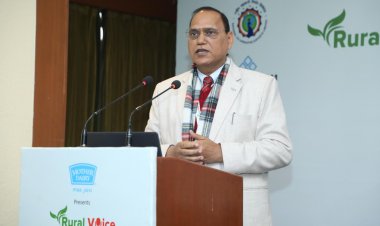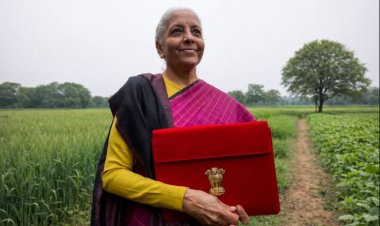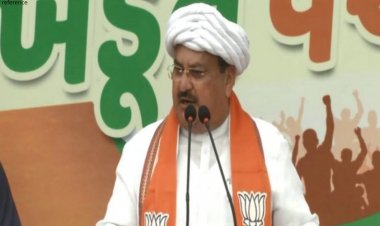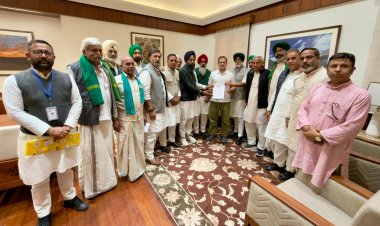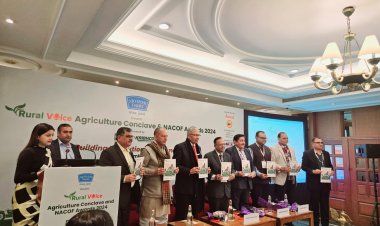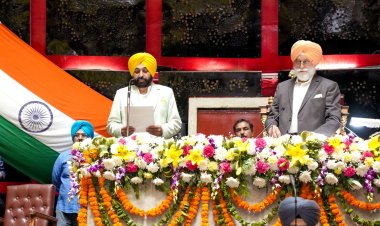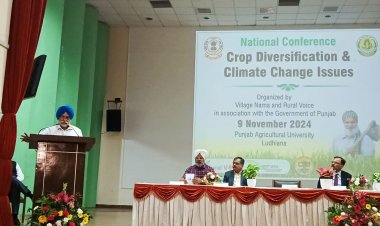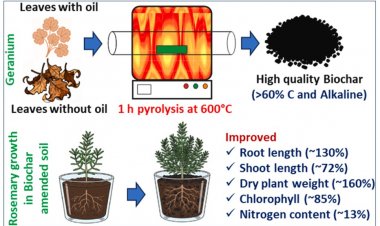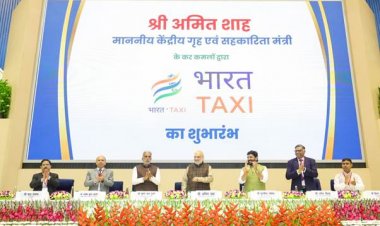Fulfil promises, else another 'andolan': Farmers to govt
The 'Maha Panchayat' was held under the banner of the Samyukta Kisan Morcha (SKM), a grouping of farmer unions, that led around a one year-long agitation at Delhi borders and forced the government to withdraw the farm laws. The other demands of the agitating farmers include withdrawal of cases registered against farmers, compensation to families of farmers who died during the protest, and withdrawal of the Electricity Bill.
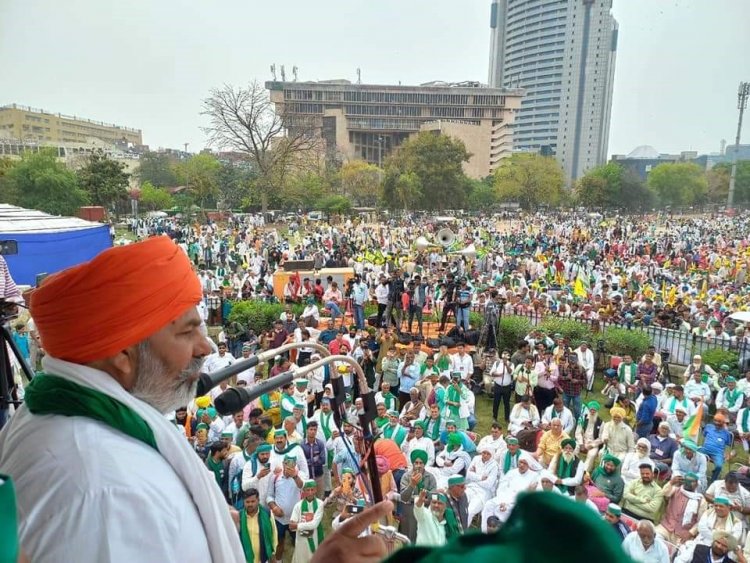
Thousands of farmers held a massive 'Maha Panchayat' at the Ramlila Maidan in the national capital on Monday to remind the government of its promises made to them in December 2021 and threatened to launch another protest next month if their demands like legal guarantee on minimum support price (MSP), debt waiver and pension are not met.
The 'Maha Panchayat' was held under the banner of the Samyukta Kisan Morcha (SKM), a grouping of farmer unions, that led around a one year-long agitation at Delhi borders and forced the government to withdraw the farm laws.
The other demands of the agitating farmers include withdrawal of cases registered against farmers, compensation to families of farmers who died during the protest, and withdrawal of the Electricity Bill.
A 15-member SKM delegation later met with Union Agriculture Minister Narendra Singh Tomar at Krishi Bhawan and handed over a charter of demands.
"There are several unresolved issues and these demand another 'andolan'. We will convene another meeting on April 30 in Delhi. I ask all farmers unions to take out rallies in their respective states and hold panchayats in the run-up to the meeting," farmer leader Darshan Pal said.
"We do not want to protest daily but we are forced to do it. If the government does not heed our demands, we will launch another andolan which will be bigger than the protest against the farm laws," he said.
He said the demands also included dismissal and incarceration of Union Minister of State for Home Ajay Mishra and compensation for crop damage due to hail storm and unseasonal rains. Pal said Tomar told the delegation that power subsidies to farmers have been exempted from the Electricity Act. "This demand has already been met. It is a big win for the SKM," he said.
The minister told the delegation that the government has already issued directions to provide compensation for crop damage due to hail and unseasonal rains. Tomar said he will personally intervene so that cases registered against farmers are withdrawn and compensation to families of deceased farmers is provided.
Avik Saha, national president of Jai Kisan Andolan said the central government has failed to meet the demands of farmers despite written commitments. "Thousands of cases against farmers remain pending. More than 750 farmers lost their lives during the protest and compensation to their families are unpaid. And there are several other demands which have not been met," he said.
While announcing the repeal of three farm laws in November 2021, Prime Minister Narendra Modi had promised to set up a committee to suggest measures to make MSP available to farmers across the country.
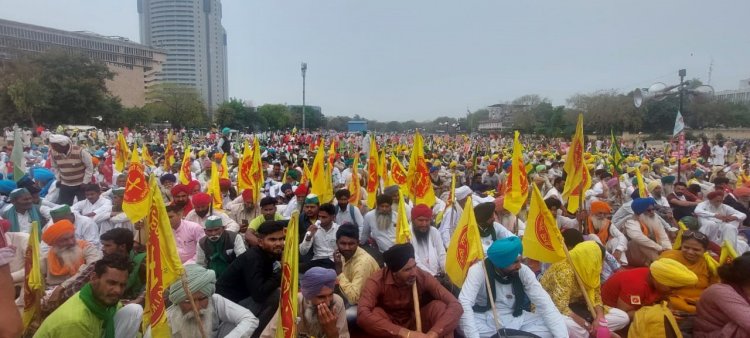
The Ministry of Agriculture had in July last year also issued a gazette notification announcing the setting up of a committee in this regard. The notification said the committee would suggest measures to make MSP available to farmers across the country, promote natural farming and prepare a comprehensive strategy for crop diversification, among others.
The Centre had also kept three posts for members of SKM. The Morcha, however, had rejected the committee, saying there was no mention of making a law on MSP in the committee's agenda.
Every year, the central government announces MSP for 22 agricultural crops and a fair and remunerative price (FRP) for sugarcane. This is done so that the farmers growing these crops get a minimum price for what they produce. But the government is not bound to purchase all the crops on the declared MSP. The farmers cannot demand the MSP as a matter of right as there is no legal or statutory backing for this.
Crops which the government procures from the farmers in significant amounts include rice, wheat and cotton. Public procurement stabilises the prices, with MSP acting as a benchmark for private buyers.



 Join the RuralVoice whatsapp group
Join the RuralVoice whatsapp group

















